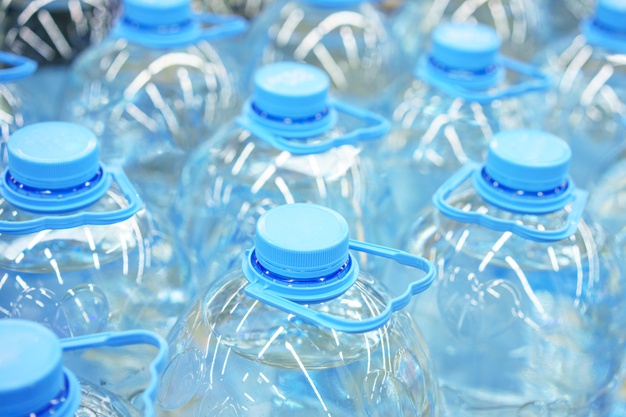Sitting scrolling through social media, reading articles and watching the television, we see countless examples of ‘Waste Bashing’ and the material that seems to get the most attention? Plastics. Claims such as ‘There will be more plastic in the ocean than fish in 2050’ are turning people against the material, showing only the negative impacts which it beholds, ignoring the many positive and life-saving qualities that plastics provide.
 We are often very quick to believe what is shown to us by the media, who are often scaremongering us into hating such types of material. The media share a biased view of the ‘plastic problem’ without looking at it from the other side, which analyses the strong, robust, lightweight material against its far heavier and more resource reliant alternatives, such as paper, glass etc.
We are often very quick to believe what is shown to us by the media, who are often scaremongering us into hating such types of material. The media share a biased view of the ‘plastic problem’ without looking at it from the other side, which analyses the strong, robust, lightweight material against its far heavier and more resource reliant alternatives, such as paper, glass etc.
In comparison to plastic, paper and glass uses up far more of the earth’s resources to produce and recycle, as well as being far heavier in weight – so transport costs are also far greater, again which will mean greater impacts on our planet. One of the main misconceptions of plastics is that they cannot be reused or recycled? This wrongful idea was probably devised after many plastic products were labelled as ‘single-use’, e.g. carrier bags and plastic bottles. The reality is, that the high strength and durability of plastics will mean that these items, amongst many, many other plastic products have a long life-span, allowing them to be re-used and repurposed several times before they can be appropriately recycled.
Litter seems to be another hot topic, one which is blameful of the material, plastic or otherwise. Social media users, bloggers, writers and journalists and influences have all spoken about the increasing levels of litter and waste going to landfill. We agree this is a hugely important issue, one which we always try to help resolve. In terms of litter and waste, many outlets begin to blame the material itself – bashing plastic waste that is littering our countrysides and water streams, but the truth is, the problem isn’t with the material, the issue lies with how it got there.

Whether it was shameful or unintentional littering, or even poor recycling, either due to a lack of information or sheer laziness – it is the successfulness of an individuals or businesses waste management that will determine where your waste will end up. Being fully educated and informed on correct recycling methods is a very easy way to help prevent, litter, ever-growing landfill waste and the cross-contamination of recycled goods. It is always important to remember, whatever the littered or misplaced material, it didn’t get there on its own.
Blaming the media for misinformed information and misleading headline or us as individuals for our poor waste management issues is not the way forward. The best thing we can do for ourselves and the planet is become educated and more mindful on the impacts of recycling, the benefits whichever material has – how it should be treated and recycled and how the environment is affected if these issues are ignored. Stop blaming and take action.